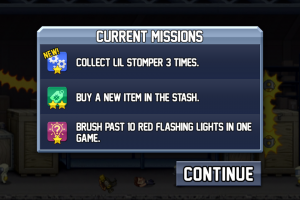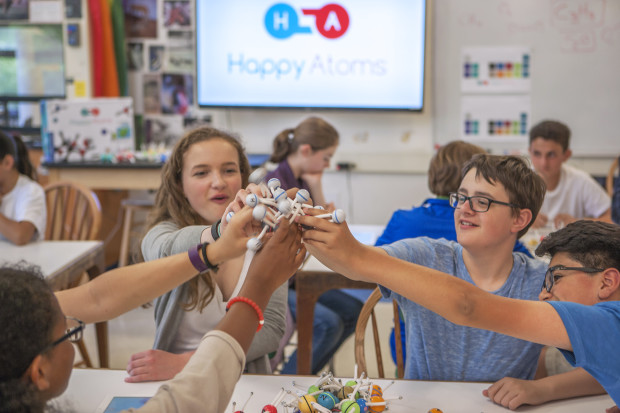Urgent Optimism Drives Behavior
We’ve all experienced that final push, whether it’s getting a project done, putting the finishing touches on a term paper, or running the last leg of the race. No matter what the particulars are of the situation, there is a sense of urgency just before the challenge is over. The final aspects of a journey are coming to a close and there’s usually an implied reward. Sometimes the reward is the end of the challenge, itself, as is the case with a term paper. Other times, there is a finish line to cross and a celebration of closure. It’s what we tell ourselves when we’re about to finish a book and we have “just a few more pages.” In terms of game mechanics, urgent optimism is a powerful force to get people to take action quickly and it could be very successful for your gamification program
The effects of urgent optimism
Urgent optimism forces us to act with immediacy. It doesn’t necessarily make us do something with more quality or with more quantity, but this particular game mechanic is excellent for getting someone to take action now. Games can exploit this by issuing a time-limited quest or something that seems easy to achieve.
Example of urgent optimism
The sense of “we must act now” has come up many time in political causes, but these aren’t necessarily urgent optimism. While they do have the urgency aspect, they often lack the optimism of believing in our leaders to work together and achieve goals. However, when Chris Christie and President Obama came together to work across partisan lines to help rebuild New Jersey after massive water damage from Hurricane Sandy, we all experienced a sense of urgent optimism: that we need to act now, and that together we have the power to reach our goals. This was a fantastic use of public urgent optimism because it fostered getting aid quickly to those who needed it most.
Incorporating urgent optimism
If we approached everyday life situations that we might find boring or exhibit reluctance to achieve with the urgent optimism of finishing a book, we would be more productive. We wouldn’t look at the alarm clock at 6:57 and think “just three more minutes.” Urgent optimism can be incorporated into work events by bringing a sense of near completion to large projects, which is best achieved by breaking large projects into smaller milestones. Sure, the entire project might still take months, but if a milestone will be reached in the next few hours — a meaningful one — you might find people staying late to reach that goal.
The key to displaying this concept within a gamification system is consistent and clear feedback for players. Experience bars exist to inform players how close they are to their goal. Once the player is close to achieving that goal, the anticipation of reaching that goal is as rewarding, if not more rewarding than the goal itself. By having progress visualized in this manner, the positive feedback loop between actions, progress, and rewards becomes more predictable and subsequently, that anticipatory feeling of reaching a goal comes more regularly.
Having a predictable loop also can become monotonous for players over-time but that can be mitigated by the incorporation of surprise and delight mechanics. Bonus and/or hidden achievements should be incorporated into a system to provide random spurts of experience points to mix up that anticipatory loop. Try playing the mobile game Jetpack Joyride to get this changing sense of progression; the main-game involves flying through a science facility to collect coins but the meta-game can have players high-fiving scientists and banging their heads into lights.


By alternating these two kinds of gameplay that feed into a single experience bar, Jetpack Joyride provides that feeling of urgent optimism while preventing it from being too stagnant with these dynamic meta-game missions.
Have you tried incorporating urgent optimism into your gamification system? How has it worked out for you thus far?









